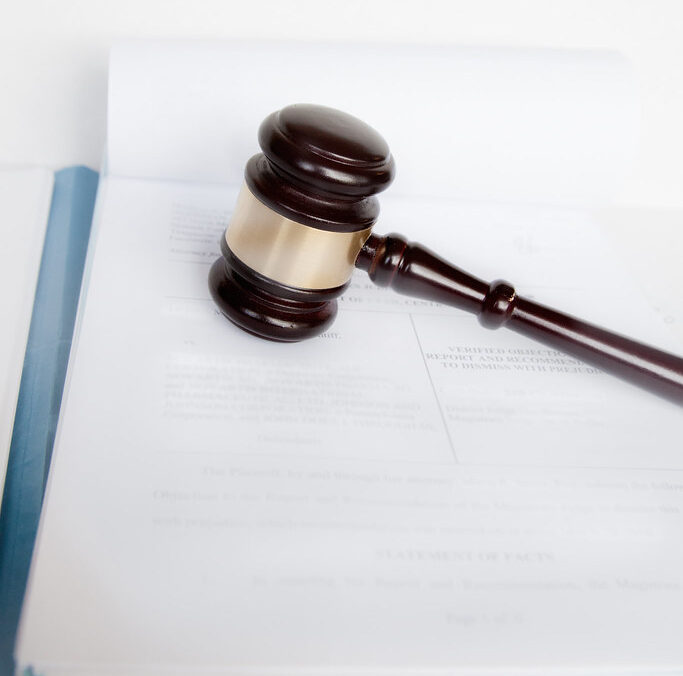Key Takeaways
- Progressive Democrat Kat Abughazaleh abruptly ended a podcast interview when asked about her federal indictment.
- She faces charges for “forcibly” impeding an officer and conspiracy after protesting an immigration raid.
- Abughazaleh plans to plead not guilty and will surrender to authorities next week.
- The interview with Tara Palmeri ended as soon as questions turned to her court case.
- This incident highlights how the next generation of politicians reacts when pressed on legal troubles.
Kat Abughazaleh Walks Off Podcast Interview
Progressive Democrat Kat Abughazaleh was the guest on the latest episode of “The Tara Palmeri Show.” She ran for Congress in Illinois’ 9th District in 2026. However, as soon as the interview shifted to her federal indictment, she stopped talking. Then she signed off and left listeners stunned.
Podcast host Tara Palmeri first asked how Abughazaleh felt after being charged. At that point, Abughazaleh gave a brief reply. She said she’d plead not guilty and that the evidence would come out in court. Next, Palmeri played video from the protest where Abughazaleh was arrested. Finally, she asked for Abughazaleh’s reaction. Instead of answering, Abughazaleh refused to talk about the charges again. Then she ended the call.
Kat Abughazaleh Refuses to Discuss Indictment
Immediately after refusing more questions, Abughazaleh signed off. Tara Palmeri reacted on her Substack, sharing the full video. She wrote that young politicians fear tough questions almost as much as negative headlines online. Indeed, Abughazaleh’s abrupt exit has now made headlines anyway.
Background on the Charges
In late October, investigators arrested Abughazaleh during a protest. She had joined activists opposing an immigration raid in Broadview, Illinois. Authorities charged her with one count of “forcibly” impeding an officer on duty and one count of conspiracy. According to the indictment, she and others blocked law enforcement officers trying to enter a property.
Abughazaleh insists she did nothing wrong. She says her actions were peaceful. Also, she argues that the protest aimed to protect families. Therefore, she plans to plead not guilty. Next week, she will surrender to authorities and post bail. After that, she will begin her court battle.
Why the Interview Mattered
This interview was a rare chance for voters to hear Abughazaleh speak directly about the charges. Many supporters look to her for clear answers. Instead, they got silence. As a result, doubts about her judgment may grow. Moreover, opponents will likely use this moment to question her readiness for office.
The rise of social media has made politics more immediate. Podcast interviews let viewers see unfiltered reactions. Yet, those platforms also trap guests when they dodge hard questions. In this case, Abughazaleh tried to avoid a topic that is now front-page news.
How Abughazaleh Reacted
In the moments before she ended the call, Abughazaleh repeated a simple message: she plans to win her case. She refused to speak about the details in the indictment. Then she said the evidence would come out in court. That pattern shows she prefers the legal process to public debate on the issue.
Meanwhile, her team released a short statement. They said Abughazaleh will focus on her campaign and legal defense. Also, they stressed her dedication to immigrant rights. Nevertheless, they offered few specifics on her next moves in court.
Impact on Her Campaign
Abughazaleh’s decision to drop the interview could affect her campaign in many ways. First, it might rally her base, who see the charges as unjust. Second, it could alienate undecided voters who want transparency. Third, opponents will likely use the moment to portray her as evasive.
So far, national Democrats have remained quiet on the case. They don’t want to wade into a messy legal fight before the primaries. However, some local leaders have called for her to answer tough questions. That pressure may grow if Abughazaleh stays silent.
What Comes Next
In the coming days, Abughazaleh will surrender to authorities. Her next court date will likely draw media attention. Then she and her lawyers will file formal pleadings. After that, we may see motions, hearings, and possibly a trial. Meanwhile, her campaign team must manage both legal work and campaigning.
At the same time, the podcast video will keep circulating online. Viewers will replay the moment Abughazaleh walked off. Eventually, other outlets may seek interviews on the same topic. How she handles these will shape her public image.
Lessons for Politicians
This episode shows how legal issues can upend a campaign. Even experienced politicians face risks when they join protests. Also, it highlights the power of real-time media. Podcasts, livestreams, and social feeds can capture unscripted moments. For emerging candidates, the advice is clear: be ready for any question, especially on serious matters.
Transitioning from activism to politics means new scrutiny. What you do on the street can follow you into a courtroom. What you say on a podcast can echo in voters’ minds. Therefore, clarity and preparation are key.
Conclusion
Kat Abughazaleh’s abrupt exit from the podcast interview has stirred more curiosity than answers. As she faces federal charges, her campaign must balance legal strategy with voter outreach. Meanwhile, the public will watch closely to see if she can answer tough questions and win in court.
Frequently Asked Questions
What charges does Kat Abughazaleh face?
She faces one count of forcibly impeding an officer and one count of conspiracy for her role in a protest.
Why did she end the podcast interview?
She chose not to discuss the indictment and abruptly signed off when pressed.
What is her next legal step?
She plans to plead not guilty and surrender to authorities next week.
How might this affect her campaign?
Supporters may rally behind her, but undecided voters could view her silence as evasive.
